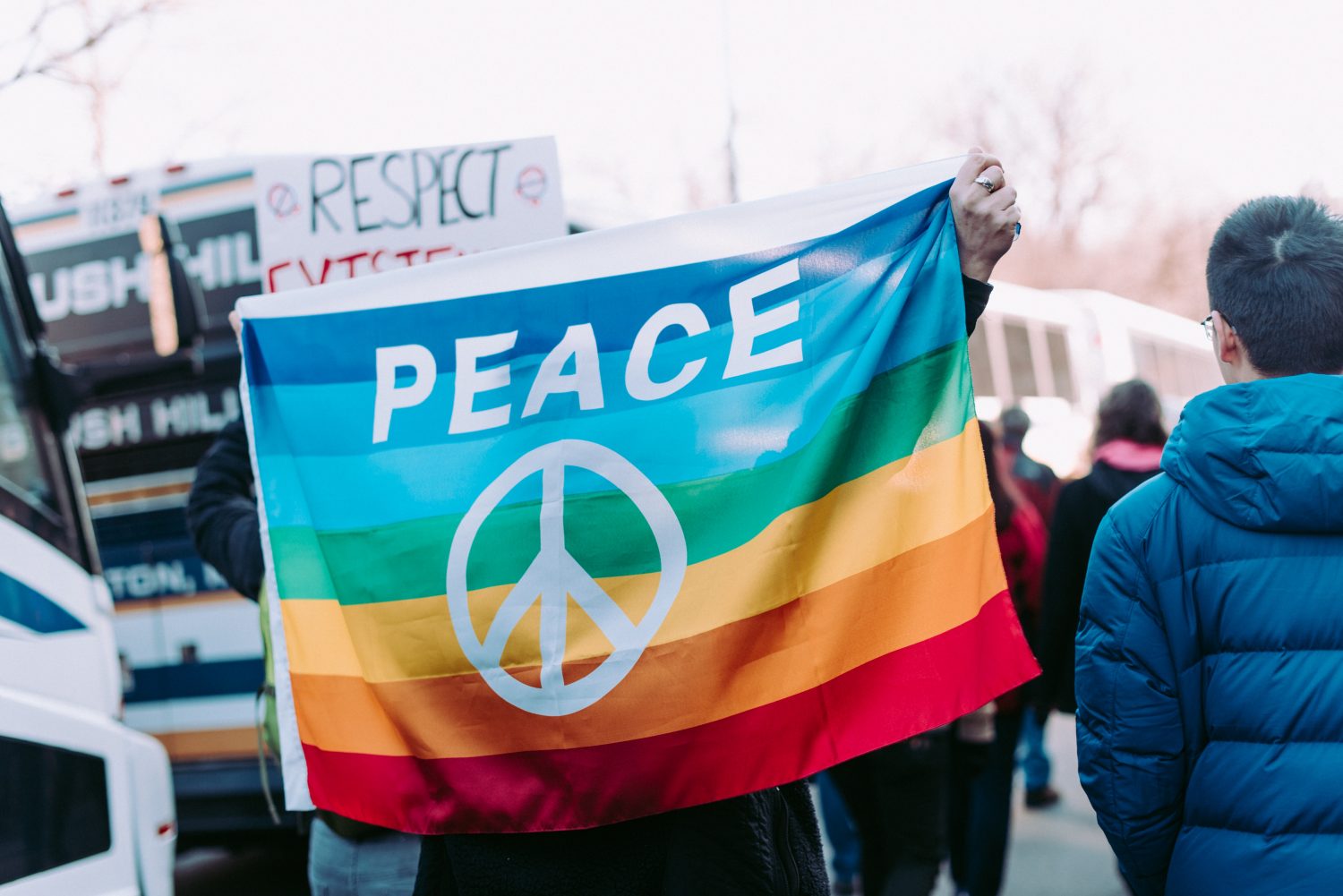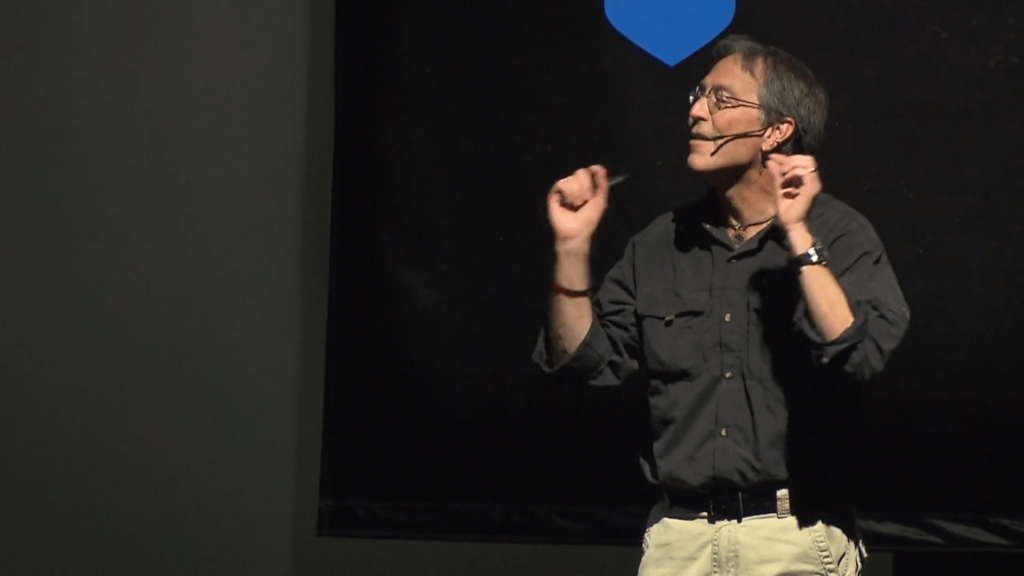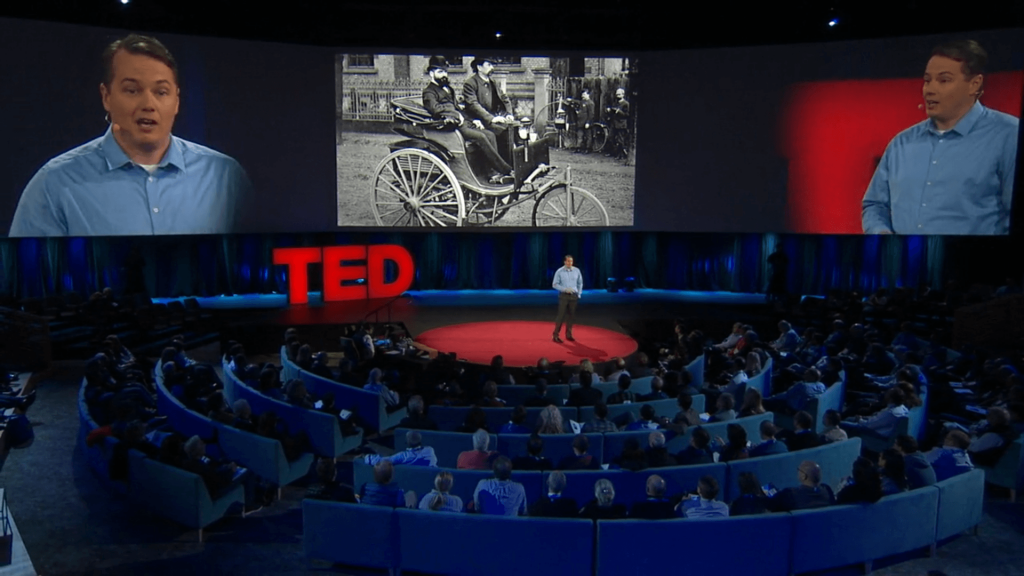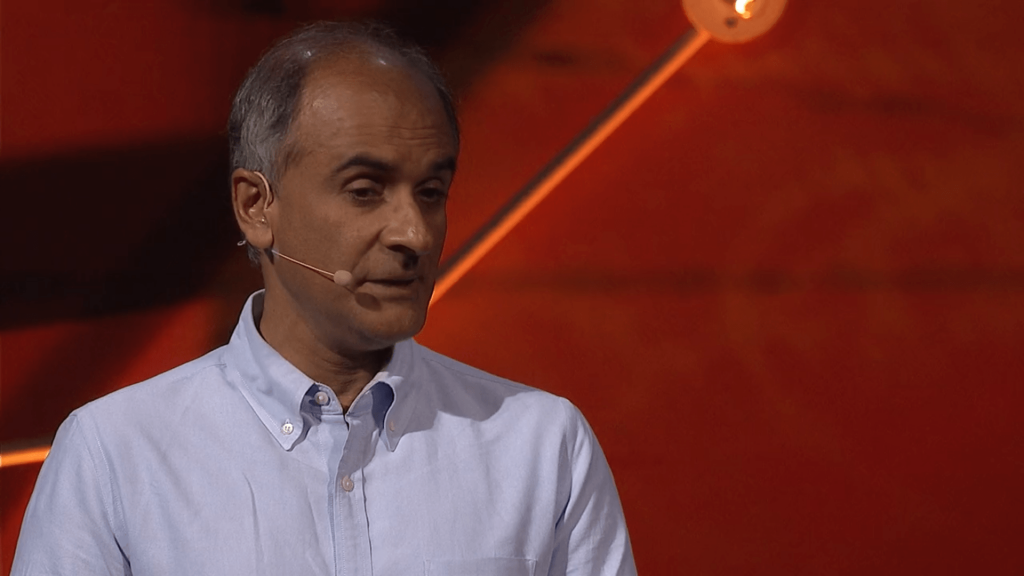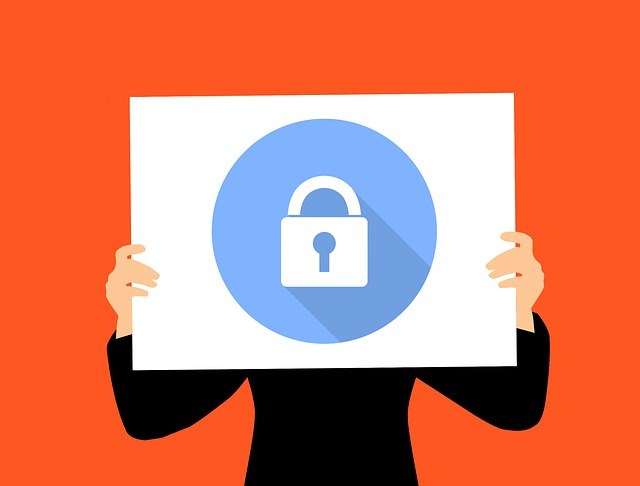TED Talk Discussion: How Protest Is Redefining Democracy Around the World
The democratic process is messy, complicated and often inefficient — but across Africa, activists are redefining democracy by putting protest at its center. In an illuminating talk, political scientist Zachariah Mampilly gives us a primer on the current wave of protests reshaping countries like Tunisia, Malawi and Zimbabwe — and explains how this form of political dissension expands our political imaginations beyond what we’re told is possible.
Zachariah Mampilly at TEDGlobal 2017
How protest is redefining democracy around the world
Useful Vocabulary
Political dissension
Elections
Adequate
Barrel of a gun
Effective
Entrenched monarchies
Presidental term
Elites
Transforming
The Arab Spring
Comprehension Questions
- He believes protests should be at the center of a new type of democracy?
- African societies have tried to use violence to influence a state.
- Who is
Thiat ? What did he do? - In Africa, protesting is rare and not normally used?
- When was the first wave of African protests in the world?
- The ongoing third wave is correcting the __________________ of the earlier two. If the first wave brought _________________ but not
democracy , and the second, elections but only for the ______________ , then it is the third wave that is most concerned with ____________________ democracy into the rule of the people. - Why is there an increase in protests in Africa?
- What three things can we learn from African protests?
Comprehension Answers
- Yes.
- False, African societies have turned to peaceful protest to make change happen.
- A rapper from Senegal and he led a movement to stop the President from taking a third term.
- False. It is the norm.
- The 1940s and 1950s in Africa.
- shortcomings, liberation, elites, transforming.
- Many factors, large youth population, fast-growing economy, growing
urbanisation . - Democracy must begin with people. Protests are messy but powerful. Protests allow for new
poltical imaginations to occur.
Group Discussion
- Do you feel that protests are effective in making lasting change?
- Does democracy have its limits?
- What would be a suitable alternative to democracy? Will people be fulfilled by it?
- Do you think people expect too much from the government?
- Have the “elites” made life harder for working people?
- Have people become disillusioned by democracy?

